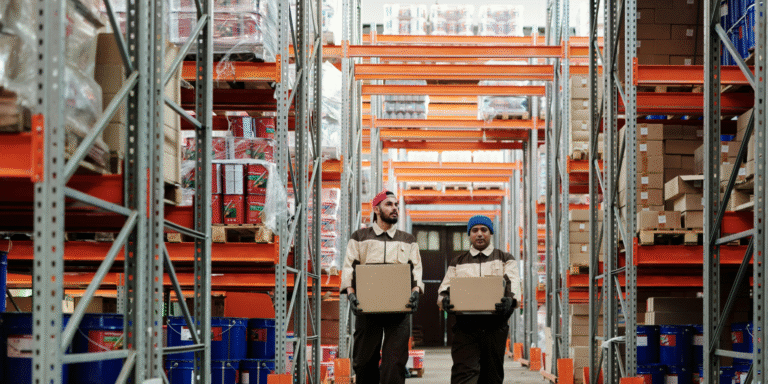Proper security of your B2B webstore is important for protecting customer and company data. Unfortunately, we increasingly see security issues arise in practice. Some of which are often easily preventable. Therefore, as part of Safer Internet Day, we provide 10 tips to keep your e-commerce platform safe.
1. Make sure you have a valid SSL certificate
Make sure your webshop has a valid SSL certificate. This encrypts data exchange and shows customers that your site is trustworthy.
2. Keep your platform up-to-date
Outdated software is one of the biggest security risks. Make sure your e-commerce platform such as Magento and Shopware, plug-ins and themes are always up-to-date. Updates often include patches for security vulnerabilities. If you want to know more about the importance of updates, read our blog: Keeping your webshop up-to-date: why and how?
3. Implement strong passwords and two-factor authentication (2FA)
Make sure all accounts that access your webshop use strong, unique passwords. Combine uppercase and lowercase letters, numbers and special characters. In addition, activate two-factor authentication (2FA) for extra protection against unauthorised access. Magento has built-in support for 2FA and an extension is available for Shopware to make use of 2FA.
4. Make daily backups
A good backup strategy is indispensable. Make daily backups of your webshop data and make sure they are safely stored in an external location. Should something go wrong, such as a hack or server error, you can recover quickly without losing important data.
5. Choose reliable hosting
A secure hosting environment is crucial for the security of your webshop. Choose a hosting provider that specialises in e-commerce and offers comprehensive security measures, such as automatic updates, malware scans and 24/7 support.
6. Use a firewall and DDoS protection
A firewall acts as a protective wall between your webshop and potential threats. Combine this with DDoS protection to prevent malicious parties from overloading your site with traffic and taking your webshop offline. Often, this protection is arranged by the hosting party from step 5.
7. Limit access rights
Both Magento and Shopware offer options to set user roles and permissions for the admin environment. This limits access to sensitive information to only those who really need it.
8. Monitor your webshop for suspicious activity
Use monitoring tools to detect suspicious activity, such as unusual login attempts, and scan your environment regularly for Malware. Real-time monitoring helps you act quickly on potential threats.
9. Encrypt customer and company data
Make sure sensitive customer information, such as payment details and passwords, are always stored encrypted.
10. Train your employees in cybersecurity
Your employees are often the first line of defence against cyber attacks such as phishing or social engineering. Therefore, train them on how to spot suspicious e-mails and how to handle company data securely. In addition, offer the tools to securely store and share passwords such as 1password.
Conclusion: safety requires continuous attention
Securing your B2B webshop is not a one-off task; it requires constant attention and maintenance. By applying these 10 tips, you will at least reduce the chances of your environment being hit.
Want to know more about how to secure your Magento or Shopware webshop? Get in touch with our experts!










